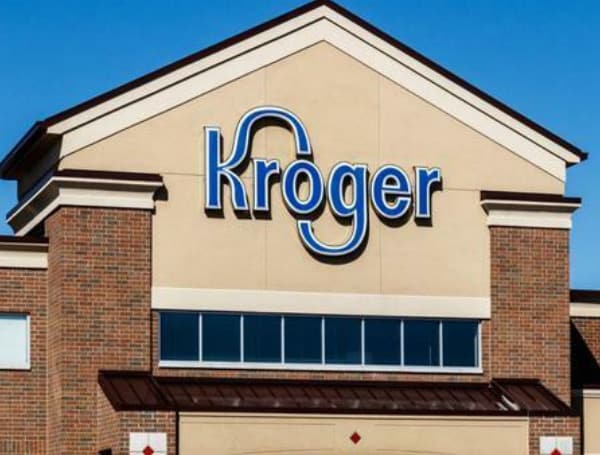Kroger (File) The Biden administration today sued to block the largest proposed supermarket merger in U.S. history—Kroger Company’s $24.6 billion
The Biden administration today sued to block the largest proposed supermarket merger in U.S. history—Kroger Company’s $24.6 billion acquisition of the Albertsons Companies, Inc.—alleging that the deal is anticompetitive.
According to the Federal Trade Commission (FTC), the proposed deal will eliminate fierce competition between Kroger and Albertsons, leading to higher prices for groceries and other essential household items for millions of Americans.
The loss of competition will also lead to lower quality products and services, while also narrowing consumers’ choices for where to shop for groceries.
Read: Koch-Funded Group Will No Longer Spend On Former South Carolina Nikki Haley’s Campaign
For thousands of grocery store workers, Kroger’s proposed acquisition of Albertsons would immediately erase aggressive competition for workers, threatening the ability of employees to secure higher wages, better benefits, and improved working conditions.
“This supermarket mega merger comes as American consumers have seen the cost of groceries rise steadily over the past few years. Kroger’s acquisition of Albertsons would lead to additional grocery price hikes for everyday goods, further exacerbating the financial strain consumers across the country face today,” said Henry Liu, Director of the FTC’s Bureau of Competition. “Essential grocery store workers would also suffer under this deal, facing the threat of their wages dwindling, benefits diminishing, and their working conditions deteriorating.”
The FTC issued an administrative complaint and authorized a lawsuit in federal court to block the proposed acquisition pending the Commission’s administrative proceedings. A bipartisan group of nine attorneys general is joining the FTC’s federal court complaint.
Read: Pennsylvania “Proud Boy” Pleads Guilty To Felony Charge For Actions During J6
Kroger operates thousands of stores across 36 states, which includes regional banners such as Fred Meyer, Fry’s, Harris Teeter, King Soopers, Kroger, and Quality Food Centers (QFC). Albertsons also operates thousands of stores across 35 states under regional names including Albertsons, Haggen, Jewel-Osco, Pavilions, Safeway, and Vons. If the merger were completed, Kroger and Albertsons would operate more than 5,000 stores and approximately 4,000 retail pharmacies and would employ nearly 700,000 employees across 48 states.
Executives for both Kroger and Albertsons have acknowledged that the two supermarkets are direct competitors, forcing each other to aggressively compete for customers by lowering prices and for employees by providing better pay and benefits across the country.
Similarly, executives for both supermarket chains have conceded that Kroger’s acquisition of Albertsons is anticompetitive, with one executive reacting candidly to the proposed deal: “you are basically creating a monopoly in grocery with the merger.”
Help support the Tampa Free Press by making any small donation by clicking here.
Android Users, Click To Download The Tampa Free Press App And Never Miss A Story. Follow Us On Facebook and Twitter. Sign up for our free newsletter.

